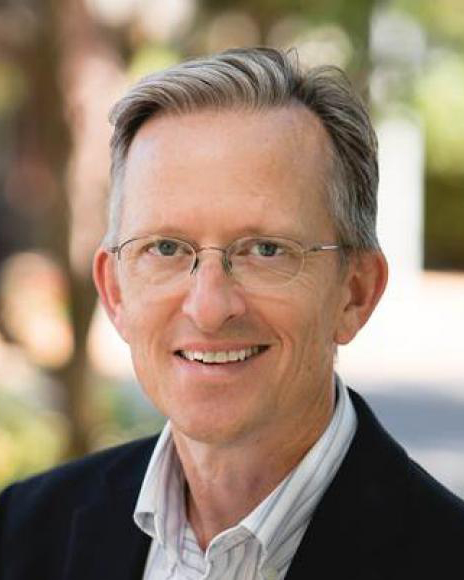
Dr. Steven C. George
Edward Teller Distinguished Professor and Chair
Department of Biomedical Engineering
University of California, Davis
Bio
Steven C. George, M.D., Ph.D. is the Edward Teller Distinguished Professor and Chair of the Department of Biomedical Engineering at the University of California, Davis. He received his bachelors degree in chemical engineering in 1987 from Northwestern University, M.D. from the University of Missouri School of Medicine in 1991, and Ph.D. from the University of Washington in chemical engineering in 1995. He was on the faculty at the University of California, Irvine for 19 years (1995-2014) where he pursued a range of research interests including pulmonary gas exchange, lung mechanics, vascularizing engineered tissues, and microphysiological systems (“organ-on-a-chip”). The NIH FIRST award in 1998 and the CAREER and Presidential Early Career Award for Scientists and Engineers (PECASE) from the National Science Foundation in 1999 have previously recognized his work. While at UCI, he served as the William J. Link Professor and founding Chair of the Department of Biomedical Engineering (2002-2009), the founding Director of the Edwards Lifesciences Center for Advanced Cardiovascular Technology (2009-2014), and was the founding PI on a T32 predoctoral training grant from the National Heart Lung and Blood Institute entitled “Cardiovascular Applied Research and Entrepreneurship” (CARE). In 2014 he transitioned to become the Elvera and William Stuckenberg Professor and Chair of Biomedical Engineering at Washington University in St. Louis, and in 2017 moved to the UC Davis. He became Chair of the department in January 2019. He was elected a fellow in the American Institute of Medical and Biological Engineering (AIMBE) in 2007, a fellow of the Biomedical Engineering Society in 2017, a fellow of the International Academy for Medical and Biological Engineering (IAMBE) in 2021, has published more than 150 peer-reviewed manuscripts, and has co-founded an early and active start-up company (Aracari Biosciences in 2019). His work is currently funded by grants from the NIH that focus on creating microfluidic models of the cardiac, pancreas, bone marrow, cancer, and immune microenvironments to address questions related to immune cell and extracellular vesicle trafficking.